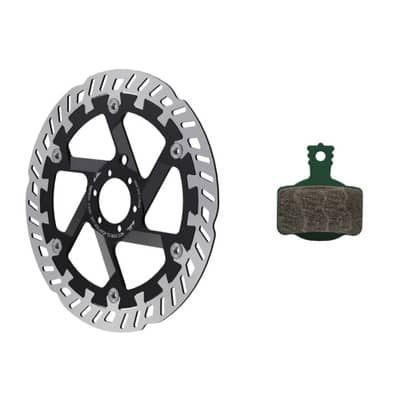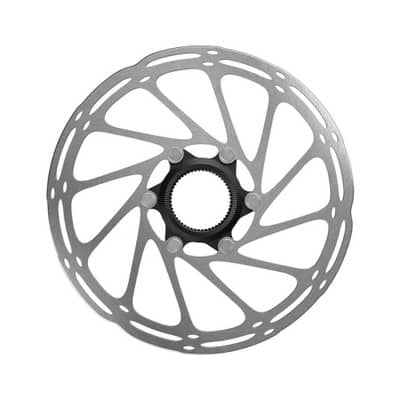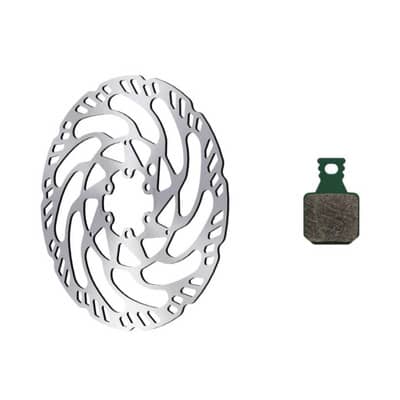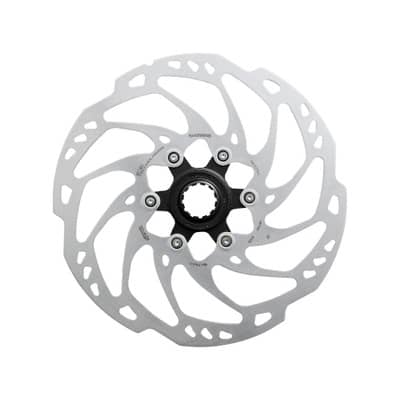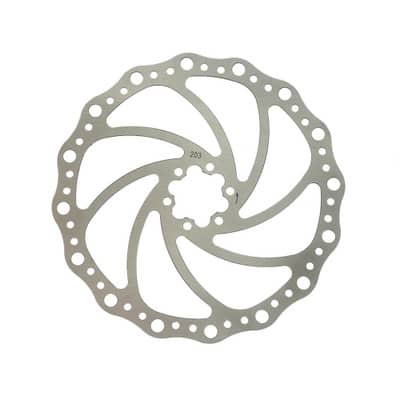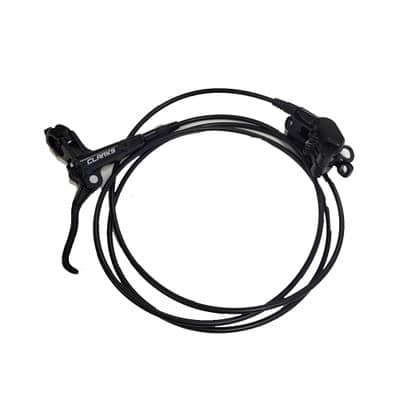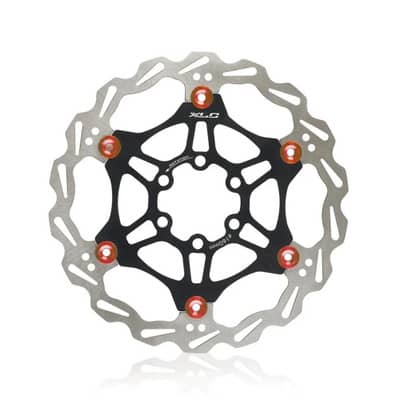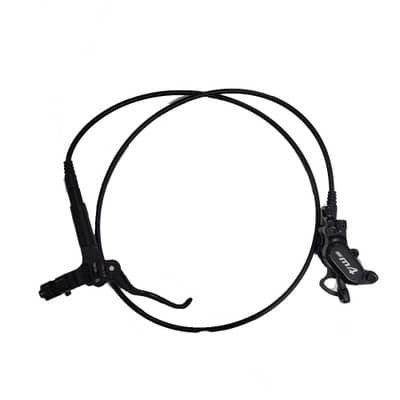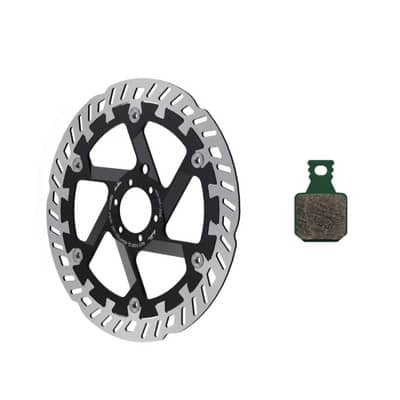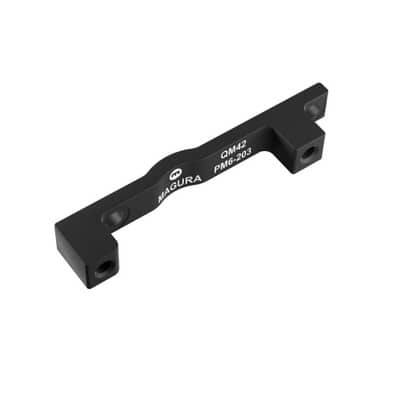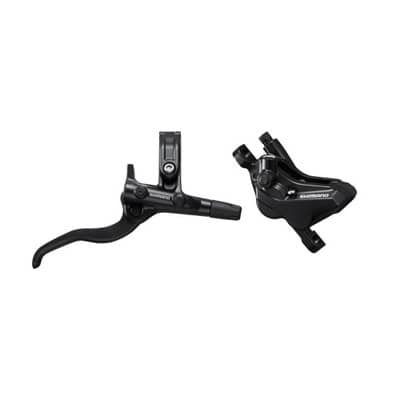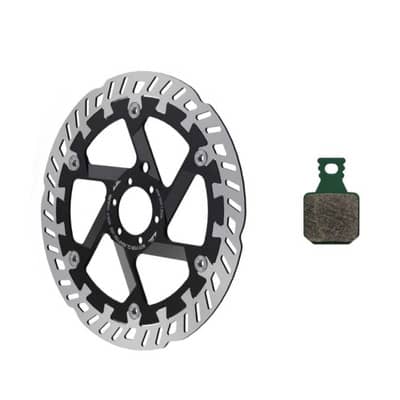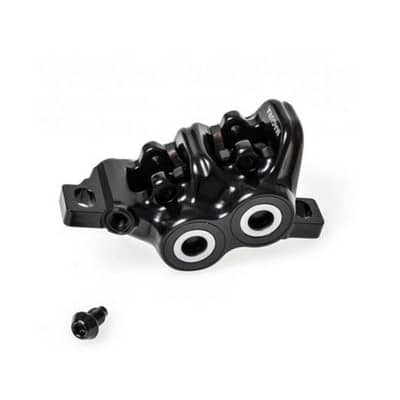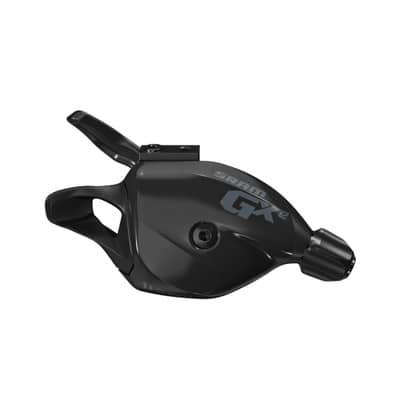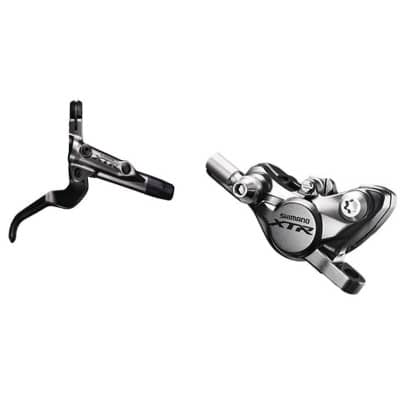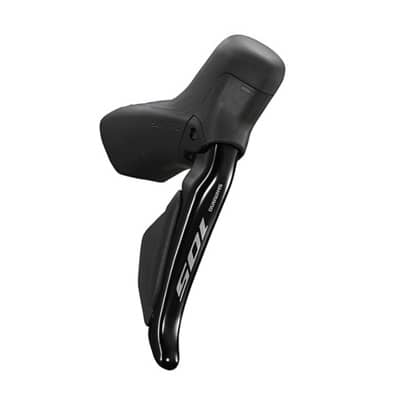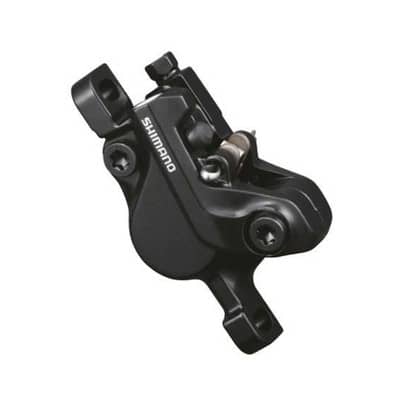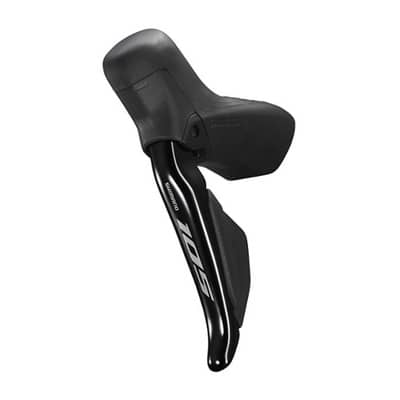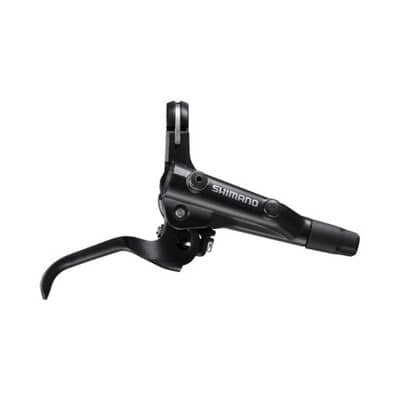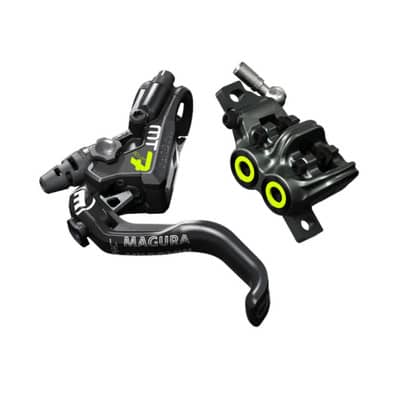Disc brakes
Due to the many advantages, disc brakes are no longer imaginable without. They convince with optimal braking performance in all weather conditions, a stronger deceleration effect than V-brakes and a lower maintenance effort. Basically, a distinction is made between mechanical and hydraulic braking systems.
It applies: the larger the disc diameter (140, 160, 180, 203, 220 mm) the more braking power is possible.
65.99 €*
excl. shipping costs
In stock, available
-50%
51.00 25.50 €*
excl. shipping costs
In stock, available
-27%
45.89 33.32 €*
excl. shipping costs
In stock, available
-20%
52.00 €*
excl. shipping costs
In stock, available
-20%
49.99 €*
excl. shipping costs
In stock, available
65.99 €*
excl. shipping costs
In stock, available
70.90 €*
excl. shipping costs
In stock, available
27.00 €*
excl. shipping costs
In stock, available
BLACKWEEK
-{{UVPPercentDiscount}}%
new {{jahr}}
{{#UVP}} {{UVP}} {{/UVP}} {{record.Preis}}*
{{#FreeShipping}} free shipping {{/FreeShipping}} {{^FreeShipping}} excl. shipping costs {{/FreeShipping}}
{{^onStock}}Lieferzeit: {{/onStock}}{{record.Lieferbarkeit}}
- {{caption}}
- {{caption}}
- {{caption}}
- {{caption}}
- ...
- {{caption}}
- ...
- {{caption}}
- {{caption}}
- {{caption}}
- ...
- {{caption}}
- {{caption}}
- ...
- {{caption}}
- {{caption}}
- {{caption}}
- {{caption}}
Hydraulic or mechanical disc brake
Disc brakes are available as either mechanical or hydraulic brake systems. The central element of a disc brake is the brake disc, which is mounted on a special hub.
Most disc brakes for bicycles are closed, hydraulic systems. This means that oil or brake fluid transmits the braking command from the lever via a line to the cylinders of the braking system. In hydraulic systems, unlike brake cables, there is no friction in a cable housing. That's why hydraulic disc brakes have very fine control. In addition, hydraulic disc bra kes are closed and therefore less sensitive to dirt and water, for example, which is why they are considered to be particularly low-maintenance. However, the hydraulic system is somewhat more price-intensive. Hydraulic disc brakes are suitable for bikes of all types, from MTBs, trekking bikes, road bikes, gravel bikes or e-bikes.
Mechanical disc bra kes, on the other hand, use brake cable and cable housing. The system is affordable and easier to maintain, but can't match the low hand force and low maintenance of a hydraulic disc brake. If your budget allows, you should definitely opt for a hydraulic disc brake on your bike.
Advantages of disc brakes on the bike
- Higher braking power
- Constant braking power, even in wet conditions
- No heat stress on the rim
- No abrasion on the rim
- Better dosage (with hydraulic disc brakes)
- Low hand force (with hydraulic disc brakes)
- Low maintenance
